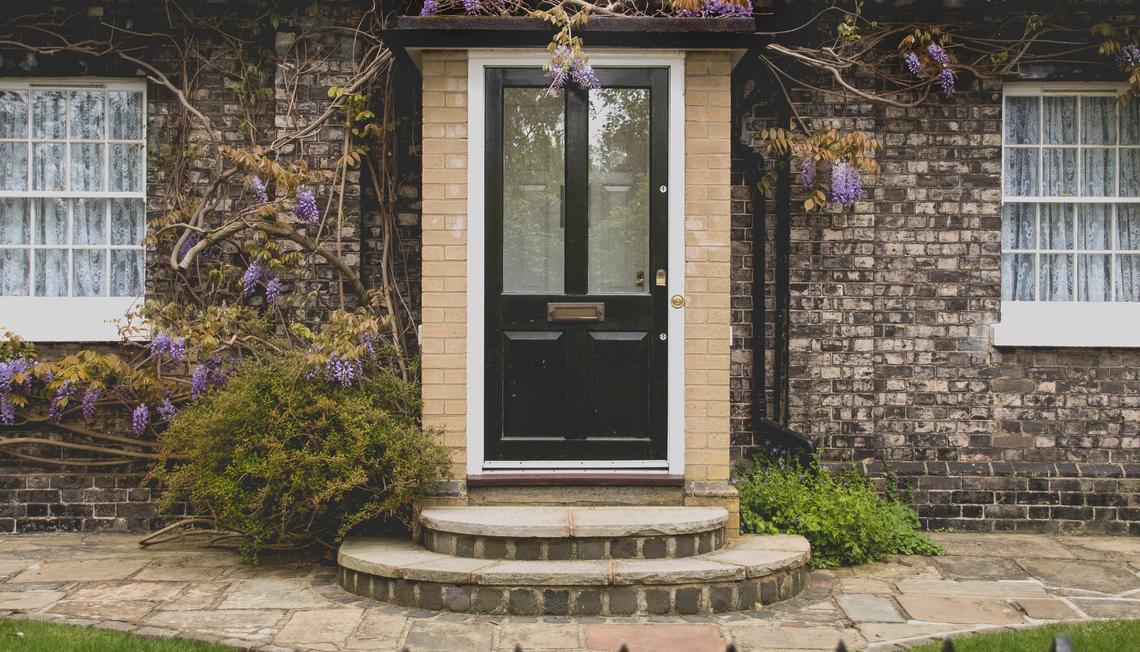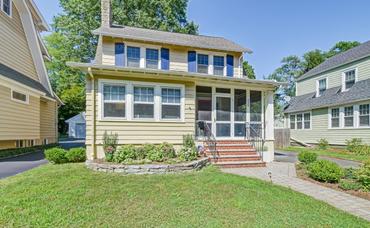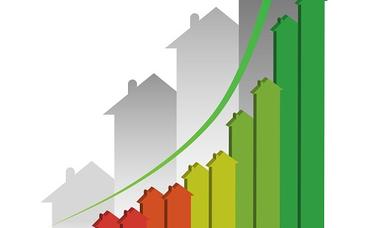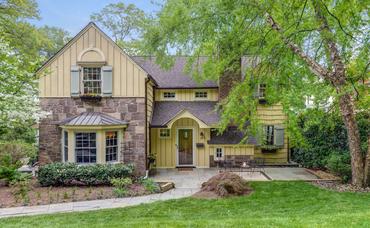
The decision to buy or rent a place to live is a major one. Several factors come into play: your current cash flow, job stability, investment strategy, the local market, how long you plan to stay, interest rates and potential tax deductions. There’s also the lifestyle factor that comes with owning or renting a home.
Here are some of the factors you should consider when deciding if the best financial move for you is buying or renting:
Monthly Budget – How much money you bring in every month and how much you spend on essentials, like food and transportation. Keep in mind you should always have a cash reserve. Your total housing costs should be no more than approximately 30% of your total gross income.
Financial Impact – When deciding whether to rent or buy, you will need to consider the price of a home and the current mortgage interest rates as well as property taxes, insurance, utilities and maintenance. You also need to consider how long you are planning to stay in an area. If you are planning to remain in an area for a long time, it may make more sense to buy rather than rent. Also keep in mind that buying a home is an investment and may be a key component in building your personal wealth. Just think- a rent payment of $2,500 a month = $300,000 over 10 years. Making mortgage payments on time can help build your credit rating.
Opportunity Costs – Buying a home comes with more upfront costs, including a down payment, closing costs and other legal fees. For renters, the upfront cost is typically a month’s rent, security deposit, brokerage fee, as well as other fees such as a pet fee or amenities fees.
Tax Benefits – Homeowners can also take advantage of tax deductions, which can lessen the cost of owning a home. But do keep in mind, as a result of the new tax reform bill, interest on only the first $750,000 of mortgage debt can be deducted. In addition, a maximum of only $10,000 in state and local taxes, including property taxes, can be deducted.
Lifestyle – As a homeowner you must commit to the maintenance of your property. As a renter, the landlord is generally responsible for the maintenance of the property. Another lifestyle consideration is whether you have a steady paycheck and job security. If you do not, renting may be more appropriate. Home ownership does bring intangible benefits such as a sense of stability, belonging to a community and the ability to customize a property to your liking. Renting, however, means you can move each time your lease ends, but it also means you might have to move suddenly if your landlord decides to make major changes to the property or the monthly rent.
If you’re grappling with a rent v. own dilemma of your own, we’d be happy to talk it through with you and run some concrete numbers so that you can make the best decision for your wallet and your lifestyle. Feel free to contact Allison for a confidential conversation.




 By submitting information, I am providing my express written consent to be contacted by representatives of this website through a live agent, artificial or prerecorded voice, and automated SMS text at my residential or cellular number, dialed manually or by autodialer, by email, and mail.
By submitting information, I am providing my express written consent to be contacted by representatives of this website through a live agent, artificial or prerecorded voice, and automated SMS text at my residential or cellular number, dialed manually or by autodialer, by email, and mail.
